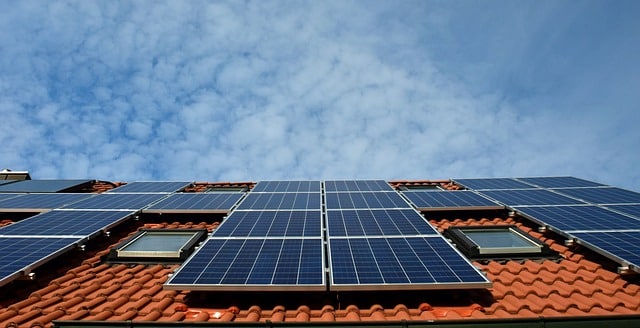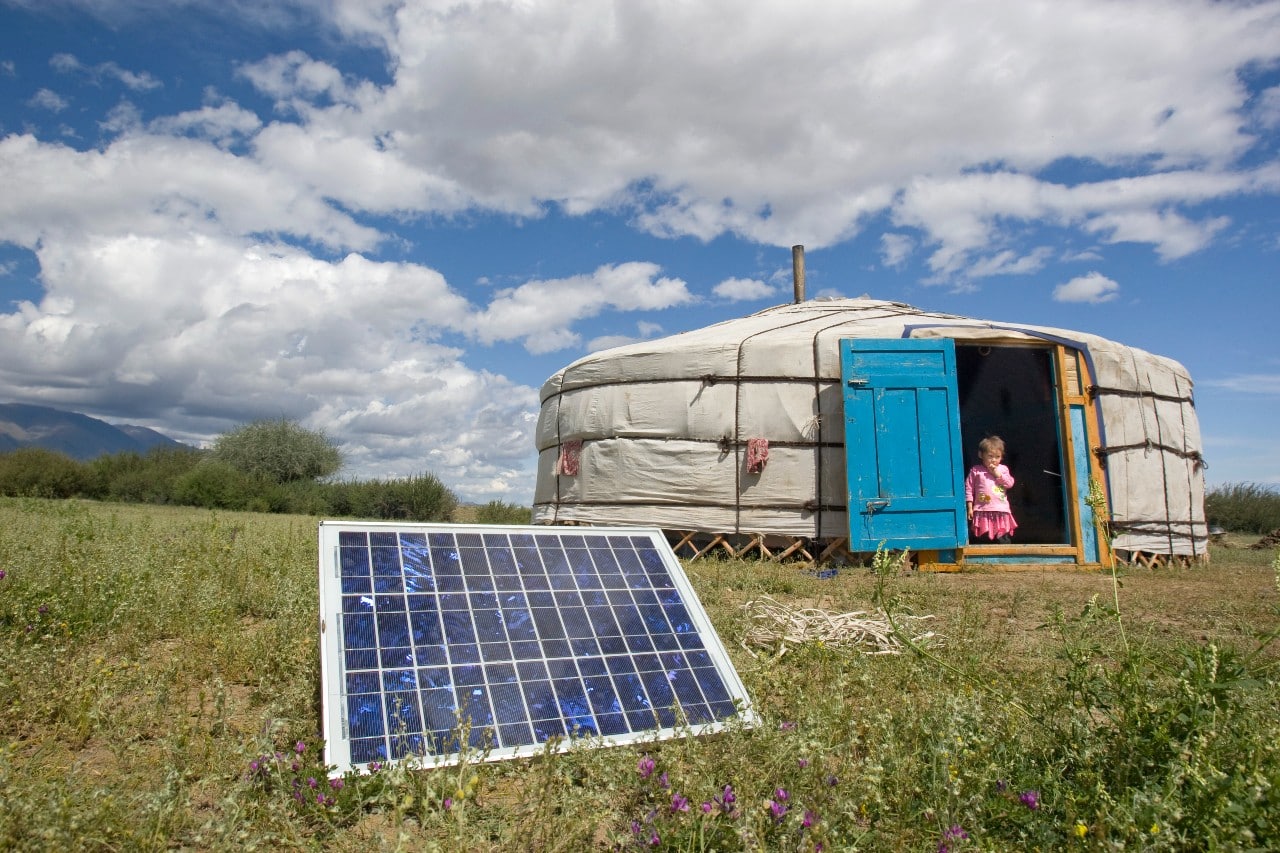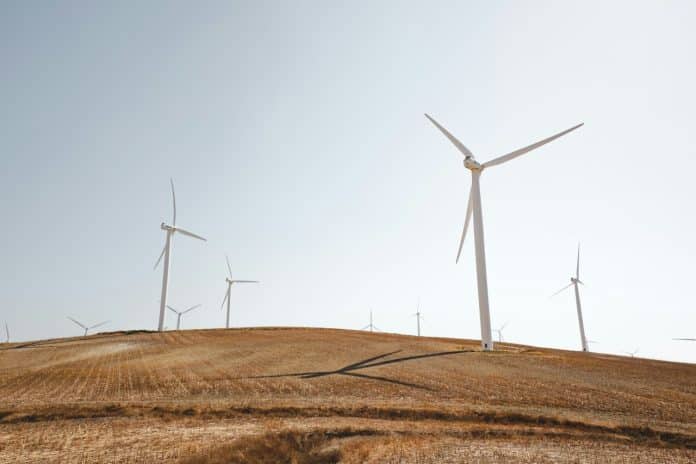This year on 26 January marks the first commemoration of the International Day of Clean Energy. In a world grappling with climate change, a transition to clean energy is vital for the benefit of people and the planet.
What is clean energy?
Clean energy plays a vital role in reducing emissions and thereby limits the effects of climate change. It includes renewable energy sources such as solar, wind and geothermal. Expanding infrastructure and upgrading technology to provide clean energy is crucial to both encourage growth and help the environment.
Producing sustainable energy results in significantly reduced emissions compared to the combustion of fossil fuels. Although fossil fuels continue to play a major role in global energy production, renewable sources such as wind, solar, hydro, and geothermal currently contribute approximately 29% to the world’s electricity generation.
In the majority of countries, renewable sources are now more cost-effective and create three times more jobs than fossil fuels. Prices for renewable energy technologies are also dropping rapidly.

Adopting clean energy is essential in the fight against climate change
Fossil fuels are non-renewable commodities that require hundreds of millions of years to develop. Renewable energy, on the other hand, is derived from natural sources that are replenished at a higher rate than they are consumed.
Over the past decades, coal, oil, and gas have been the main contributors to electricity production. However, the combustion of carbon fuels results in significant emissions of greenhouse gases, leading to climate change and adverse effects on both the well-being of individuals and the environment.
Scientists stress the importance of reducing emissions by nearly 50% by 2030 and attaining a net-zero status by 2050 as crucial measures to mitigate the most severe consequences of climate change.
“A fair, just, equitable, and urgent transition from dirty fossil fuels to clean energy is essential to avoid the worst of climate chaos and spur sustainable development,” said UN Secretary-General António Guterres in his message for the International Day of Clean Energy.
Clean energy is better for our health
Switching to clean sources of energy, such as wind and solar, not only addresses climate change but also air pollution and health.
Air pollution continues to pose the most significant environmental health threat in Europe. Elevated concentrations of fine particulate matter and nitrogen dioxide primarily stem from the combustion of fossil fuels. These pollutants are associated with health issues such as asthma, heart disease, and stroke.
For 2019, 569,000 premature deaths were attributed in the WHO European Region to ambient air pollution. In the UK, between 28,000 and 36,000 deaths every year are due to human-made air pollution.
Clean energy in Europe
In the European Union, 37.5% of electricity was produced by renewable energy in 2020. The EU’s European Green Deal, which aims to transform the 27-nation bloc into the first climate neutral continent, seeks to have the majority of its energy consumption come from renewable sources by 2050. Currently, an estimated 75% of all emissions come from the energy sector across the EU.
In the United Kingdom, 44.5% of electricity was generated in 2023 by renewable energy. The UK government has set a legally binding target of “Net Zero” greenhouse gas emissions by 2050.
Ireland aims to achieve 70% electricity generation from renewable sources by 2030. Renewable sources in 2020 generated 39% of Ireland’s electricity, making it the 11th highest among EU Member States.
Clean energy for all

The link between clean energy, socio-economic progress, and environmental sustainability plays a key role in addressing challenges encountered by vulnerable communities across the globe.
Even today, 675 million people live in the dark. Four out of five are in Sub-Saharan Africa.
For those populations, insufficient access to reliable power hinders education, healthcare, and economic prospects. Numerous developing areas continue to depend significantly on environmentally harmful fossil fuels for their daily activities, thereby sustaining poverty. If present patterns persist, an estimated one in four individuals will continue to utilise unsafe, unhealthy, and inefficient cooking systems, such as burning wood, by 2030.
Overhauling the world’s energy systems
The UN Climate Change Conference (COP28) closed at the end of last year with an agreement that lay the groundwork for a swift and equitable transition away from fossil fuels through scaled-up finance and deep emission cuts. A total of 123 countries also committed at the conference to tripling renewable energy capacity and doubling improvements in energy efficiency by 2030.
UN Secretary-General António Guterres has outlined five crucial measures that the world must prioritise to jump-start the renewable energy transition:
- Making renewable energy technology a global public good
- Improving access globally to components and raw materials
- Levelling the playing field for renewable energy technologies
- Shifting energy subsidies from fossil fuels to renewable energy
- Tripling investments in renewable energy
“It is my firm belief that fossil fuel phase-out is not only necessary, it is inevitable,” said Mr. Guterres. “Our clean energy future is unstoppable. Together, let’s bring it into being faster.”

